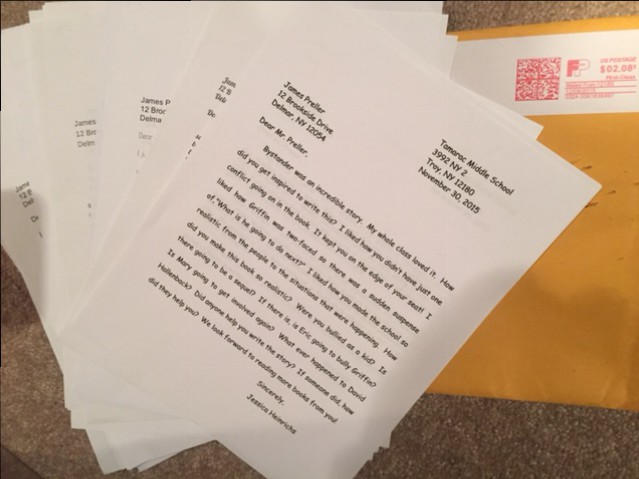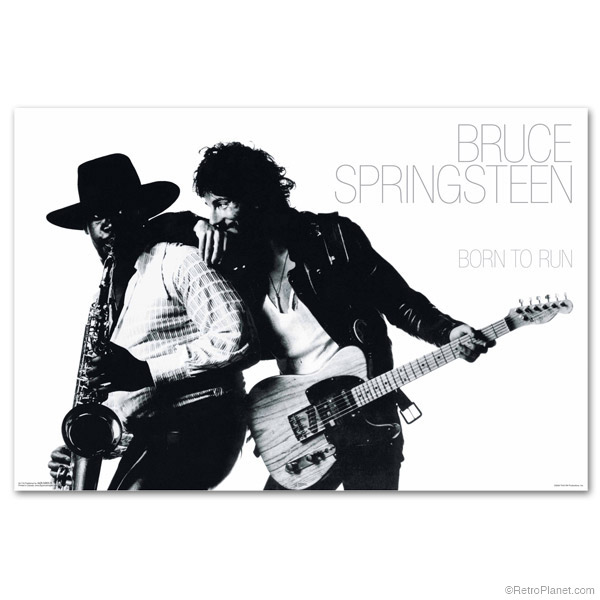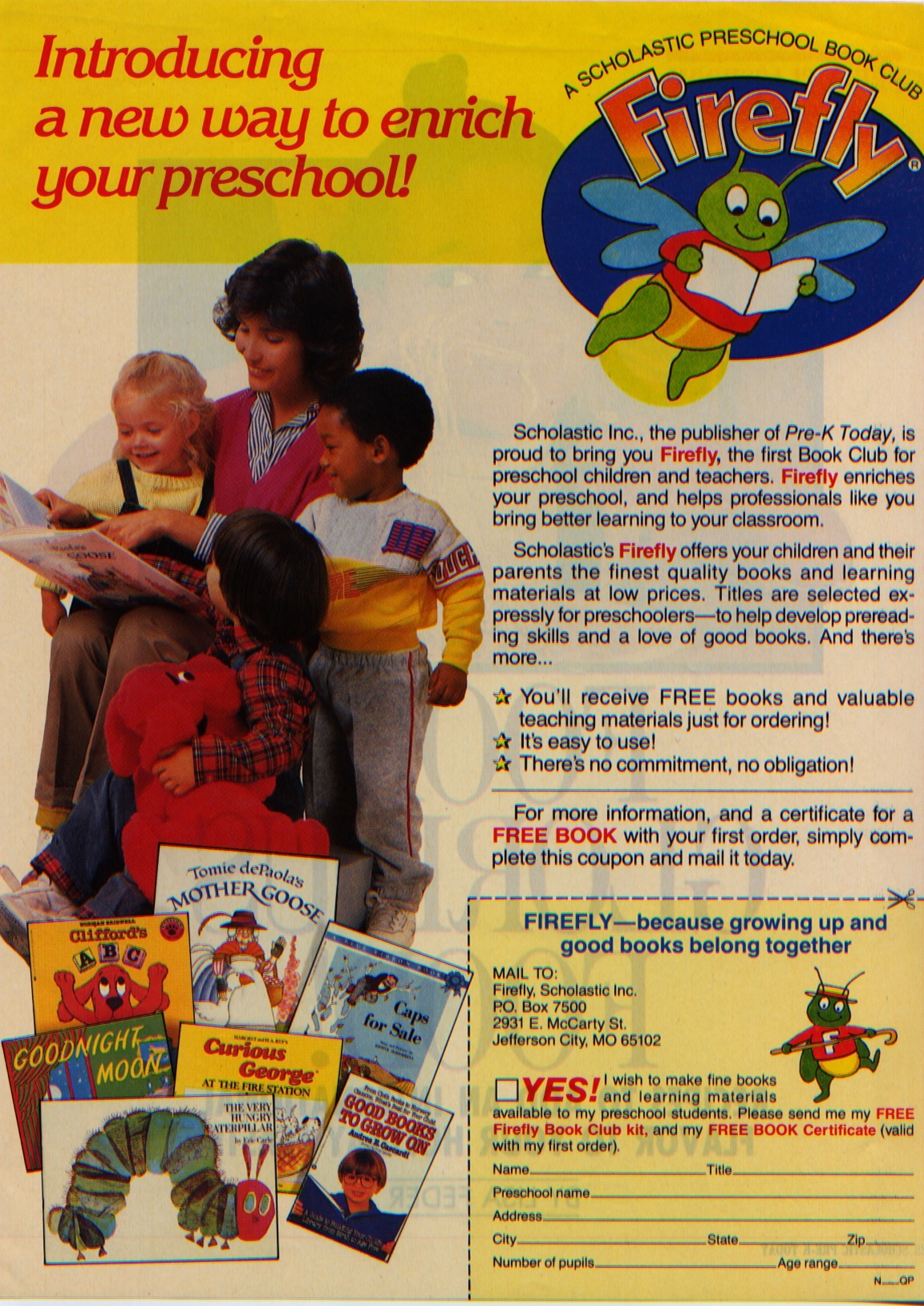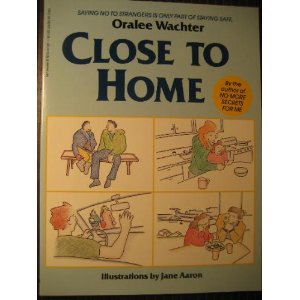While — sure! of course! — I always enjoy receiving a big, old, 8 1/2″ x 11″ envelope filled with student letters, I admit to mixed feelings. Yes, I’m grateful and honored. Yet I can’t help but recognize that this was the product of an assignment. Some letters can seem rote, and I get it. However, I recently received a particularly wonderful batch, 23 letters in all, filled with insights & curiosity & ridiculously kind words. Here’s the teacher’s cover letter and my response to the class . . .
–
I replied at length:
Dear Ms. Becker & Students,
Thank you for that impressive package of letters. I’ve received similar packages before, but yours was particularly outstanding for the overall quality of the letters. They struck me as authentic, rather than, say, written by a bored kid going through the motions.
And, hey, if you were a bored kid going through the motions, good job, you sure fooled me!
I’m sorry to say that I simply don’t have the time to respond to your letters in the manner that you deserve. I apologize for my one-size-fits-all reply.
Several of you asked about a sequel, and I didn’t plan on one while writing the book. I was satisfied with the ending, leaving the future for these characters up to the reader. People ask what happens to them –- and that’s a nice compliment to give a writer – but the honest answer is that I don’t know. Or more to the point, I never got around to making up those stories. Books have to end somewhere, or else I’d be writing about Mary’s grandchildren.
Even so, I remained interested in the perspective of the so-called bully. That’s why I wrote THE FALL, which I see as a companion to BYSTANDER. Along the lines of, “If you liked BYSTANDER, you might also like . . .”
–
Jessica asked if anyone helped me with the story: Yes, my editor, Liz Szabla, was particularly important with this book. Mostly her help was in the form of conversations. We talked about the ideas, our own experiences, things we’ve seen and felt. She didn’t really inject herself into the writing of the book -– she left that up to me – but she was a great sounding board. In life, it’s essential to have that person who says to you, “I believe in you. Go for it.” For this book, for me, that person was Liz.
Philip asked if I have “a secondary job in case book writing fall through.” That kind of made me laugh, while giving me a minor heart attack. Do you know something I don’t know? Philip even included a bonus scene, where I could glimpse a future adventure for Eric. I liked it; nice work. BTW, Philip, to answer your question: No, I don’t. And some days it scares me silly. No kidding.
Some asked about Eric’s father and how he might figure in the book’s ending, or, I should say, an alternative ending for the book. If you go to my blog and search, “My Brother John . . . in BYSTANDER,” you’ll get the background story about Eric’s father. It’s not a tale with a happy ending, I’m sorry to say.
Many of you said really, really kind things to me. I want you to know that I appreciate your kindness. In particular, Alyssa, thank you! Paige and Grace and Katelyn and Toby, you guys, too. The truth is, this can be a hard business sometimes. It’s not easy to make a living. It’s not easy to be rejected, or suffer poor sales, or watch a good book go out of print. I am often filled with doubts and uncertainties. There are times, especially recently, when I feel like a failure. Lately I’ve been thinking of myself as “moderately talented.” Nothing great, you know? Oh well. But this is what I do, what I love, and I have to keep working at it. I have a Post-It note on my computer that reads: “IF YOU DON’T LIKE IT, WRITE BETTER.” That’s what I’m trying to do.
I just wrote a book about a father and a son traveling along the Lewis & Clark trail. It’s a genre-bending blend of nonfiction and fiction, a story of family, a wilderness adventure –- whitewater rapids, an encounter with a bear –- and, I hope, a quest for the real America. The book, titled THE COURAGE TEST, should be out in 2016. After that, I wrote a pretty wild story that’s set in the not-too-distant future. And, yes, there are zombies in it –- but it’s not their fault! I’m also trying to write haikus, making a small study of them, because I’ve got the seed of an idea. They are not as easy as they look!
The next idea is always the flame that burns the brightest, that keeps creative people moving forward -– making paintings, performing in plays, practicing the guitar, telling stories. We all have to find the thing that makes us happy. And if you are lucky enough to find it, then hold on tight.
Thank you –- each one of you – but I’ve got to get to work! I’m sorry again for not writing to you individually. Thanks for understanding.
James Preller


















